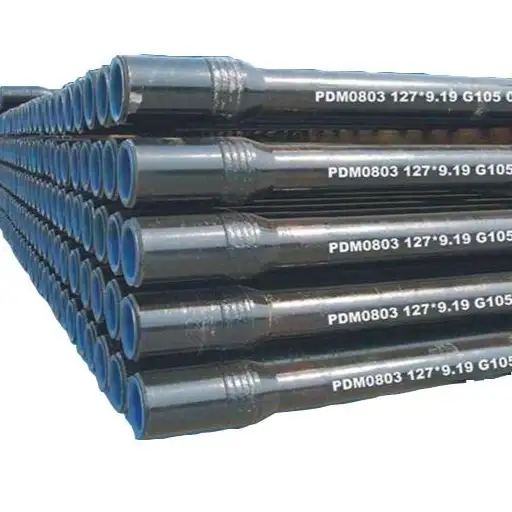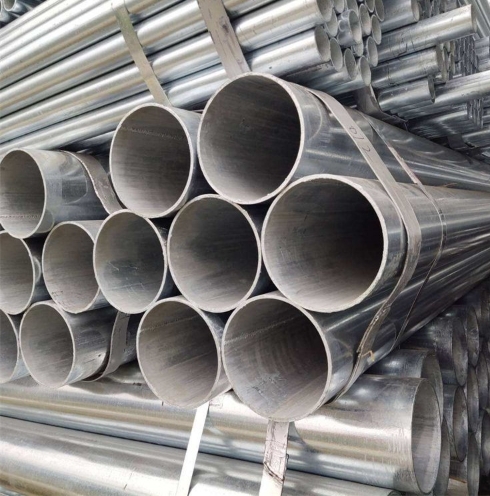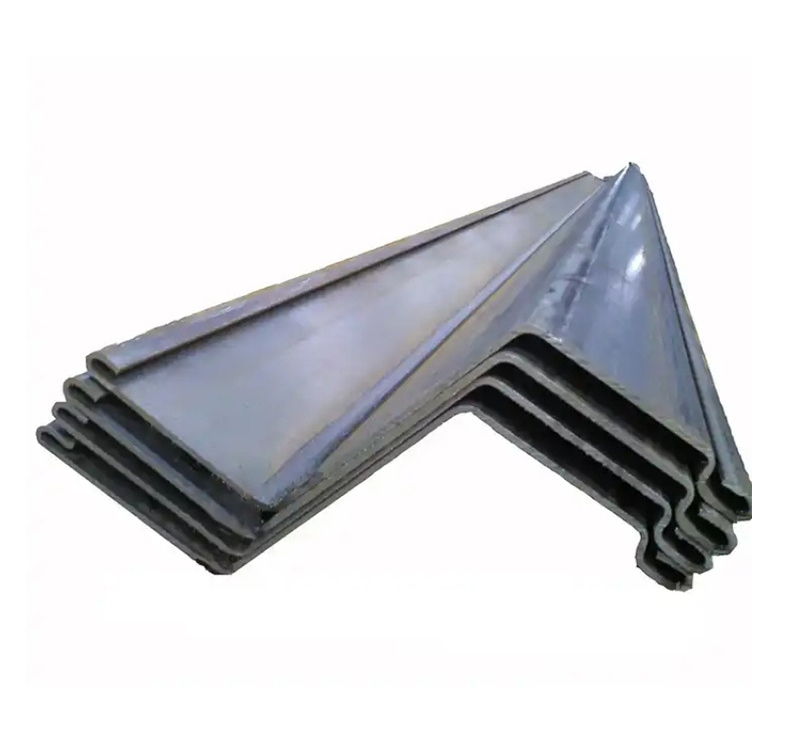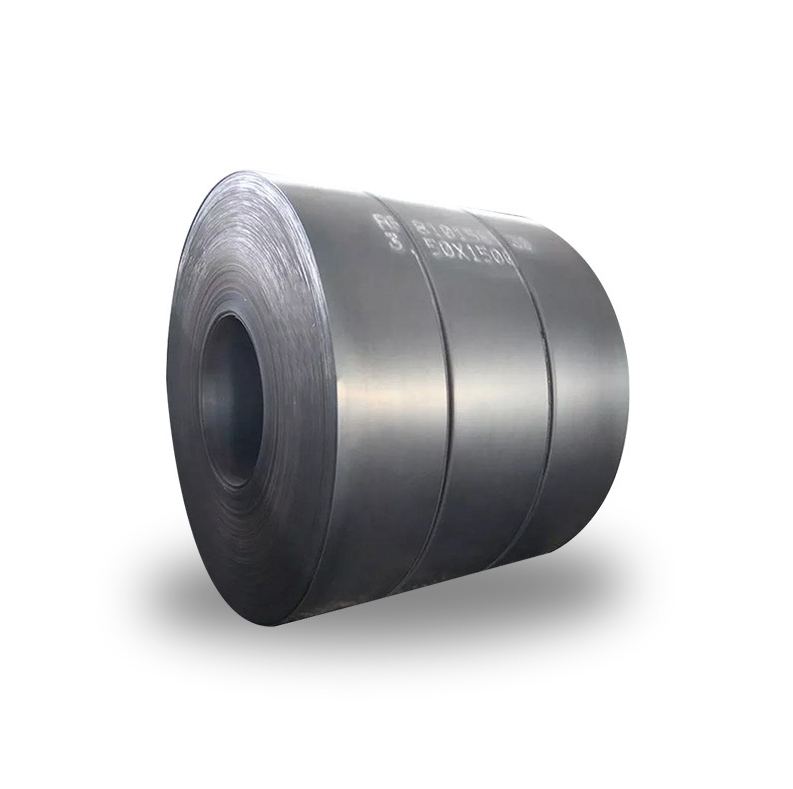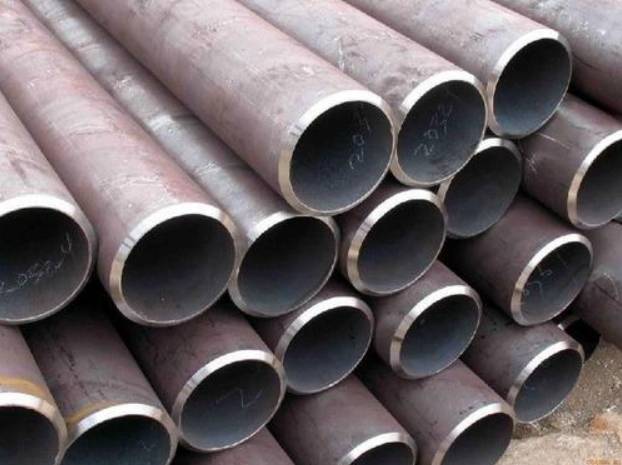GB/T 8162 remains the principal Chinese national standard for seamless carbon and alloy steel tubes used in structural and mechanical applications, and 2025 market prices for standard carbon grades typically range from USD 500–1,200 per metric ton depending on specification, diameter, wall thickness, finishing and buyer location; premium alloyed grades command higher premiums.
Overview and key takeaway
We manufacture and specify seamless steel tubes on a daily basis. GB/T 8162 identifies seamless steel tubes intended mainly for structural and mechanical uses; it does not carry the same pipeline pressure-control demands that fluid-transport standards carry. For buyers, that means selection focuses on geometry, grade and finish rather than hydrostatic performance alone.
Standard scope and practical meaning
GB/T 8162 sets requirements covering order content, dimensions, shape, weight, technical requirements, testing, inspection rules, packaging and marking for seamless steel tubes used in general structural and mechanical engineering. The standard covers nominal dimensions and permitted deviations, and identifies typical steel grades used for structural components. This standard is intended for parts where strength, formability and weldability are primary concerns rather than high-pressure fluid containment.
Common steel grades, chemical limits and manufacturing families
When we quote or produce GB/T 8162 tubes, typical carbon-steel grades include 10#, 20#, 35#, 45#, and commonly used structural steels like Q235B, Q345B and Q420B. Low-alloy and alloyed grades such as 20Mn, 25Mn and chromium-containing grades (for higher strength or toughness) also appear in market listings. Suppliers commonly list a broad range of grades to match customer needs for strength, machinability and heat-treatment potential.
Practical notes:
-
“10# / 20# / 45#” naming follows traditional Chinese grade nomenclature and maps to specific carbon and alloy ranges.
-
Q235 and Q345 grades are widely used for structural parts where weldability and general toughness are required.
-
For higher mechanical demands we recommend alloy grades that permit quenching and tempering.
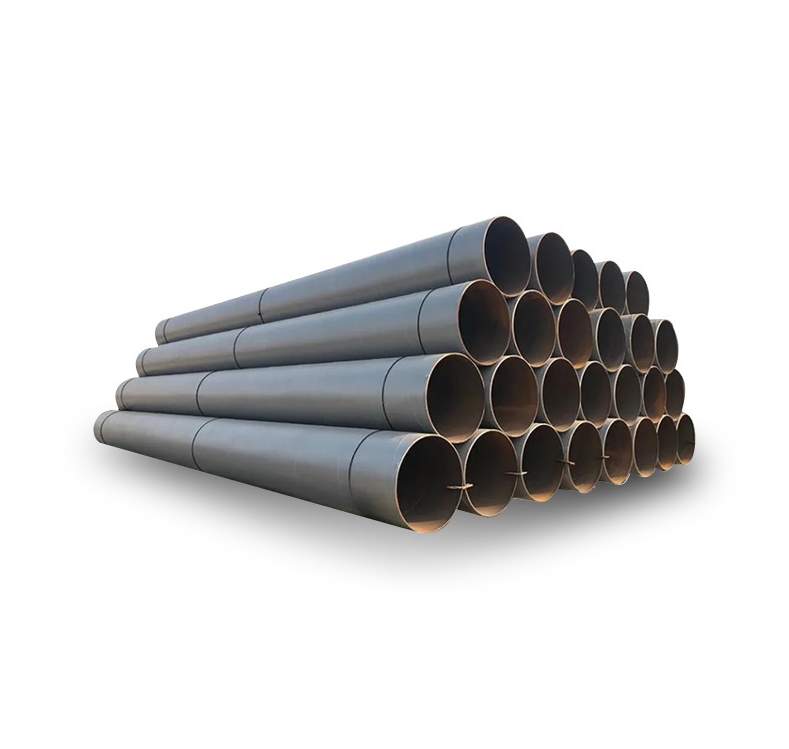
Mechanical properties and typical guaranteed values
The standard defines mechanical property minima by grade. Typical guaranteed figures supplied by mills for common structural grades are:
-
Tensile strength (Rm): often ≥ 335 MPa for some grades.
-
Yield strength (ReL or Rp0.2): values vary by grade and heat treatment; many structural grades guarantee yield strengths in the 185–355 MPa band.
-
Elongation (A): typical minimum elongation values range from 18% to 24% depending on grade and wall thickness.
These are representative ranges and actual guaranteed numbers must appear on mill test certificates for each heat.
Dimensions, tolerances and common sizes in trade
GB/T 8162 covers a wide OD range typically from small diameters (under 20 mm) up to several hundred millimeters, with standard wall thickness tolerances that vary by diameter. In practice:
-
Workshop and mill catalogs show ODs from ~3 mm up to 900 mm for related product families.
-
For common scaffolding and structural tubing the popular ODs are 21.3 mm, 25 mm, 33.4 mm, 42.4 mm, 48.3 mm, 60.3 mm, 76.1 mm and 89 mm.
-
Wall thickness selection strongly affects price; thin-wall, large-diameter tubes require more precise control and often carry a premium.
Manufacturers quote minimum order quantities by size band and often set higher MOQs for unusual diameters or special steel grades.
Production routes, heat treatment and quality marks
Seamless tubes under GB/T 8162 are produced by piercing and rolling solid billets, followed by sizing and cold or hot finishing. Key process steps:
-
Billet piercing (Mannesmann or rotary pierce) creates hollow shell.
-
Hot rolling and sizing give the outer diameter and rough wall thickness.
-
Cold drawing or cold rolling may follow for precision sizes and improved surface finish.
-
Heat treatments (normalizing, annealing, quenching and tempering) are applied to meet mechanical property targets.
Quality evidence buyers should demand: mill test certificate (MTC) to EN/ISO 10474 or equivalent, results for mechanical testing, chemical analysis and non-destructive test (NDT) records where applicable. Traceability by heat/coil number should appear on the paperwork and on markings on the tube ends.
Distinction between GB/T 8162 and neighboring standards
It is critical to pick the correct standard for application:
-
GB/T 8162 designates structural/mechanical seamless tubes. It is intended for general structural parts and mechanical components.
-
GB/T 8163 typically governs seamless steel pipes for fluid transportation where pressure capability and hydrostatic testing are paramount.
In practice, mismatch between standard and application may leave a user exposed to an inappropriate product (for example, using GB/T 8162 material in a pressure-service pipeline without additional testing or certification would be a risk).
Market drivers for price in 2025 (what determines cost)
We track factory quotes, marketplace listings and mill production capacity. Primary price drivers include:
-
Raw material costs: billet/HR coil and alloying element prices form the base cost. Changes to pig iron, scrap and alloy metals directly move mill quotes.
-
Diameter and wall thickness: material volume per metre scales price by weight. Thin-walled large-diameter tubes may cost more per tonne because of tighter tolerances or additional processing.
-
Steel grade and chemistry: higher carbon or alloy content, or heat-treated grades, add cost.
-
Surface finish and post-processing: cold drawing, pickling, testing, machining and protective coatings increase unit price.
-
Order size and shipping terms: FOB/EXW vs CIF and order quantity influence per-ton cost. Smaller quantities typically attract premiums.
-
Logistics and energy costs: freight rates, port congestion and energy price spikes change delivered price rapidly.
-
Certification and testing burden: requests for extra inspection, third-party testing or customer-specific certificates add time and cost.
Sellers in 2025 report price ranges that reflect these variables; typical mill or trading quotes for standard carbon grades fall broadly between USD 500 and USD 1,200 per tonne depending on the package and terms.
Global price comparison — 2025 snapshot
Below is a practical comparison table representing sample price bands we observed from traded supplier listings, mill quotes and marketplace pages in 2025. These are indicative ranges for standard GB/T 8162 carbon structural grades in typical merchant quantities; premiums apply for special grades, tight-tolerance precision tubes, or full traceability lots.
| Region / Trade term | Typical 2025 price (USD/metric ton) | Comment |
|---|---|---|
| China — FOB (standard carbon grades) | $500 – $800 / t | Mill direct quotes and marketplace offers show competitive bands for bulk orders. |
| India — Ex-works (domestic mills) | $520 – $850 / t | Local steel cost and logistics differ; import parity affects some buyers. |
| Europe — Ex-works (standard grades) | $850 – $1,200 / t | Higher energy, labour and compliance costs increase European levels. |
| USA — Ex-works / domestic | $800 – $1,250 / t | Tariffs, transport and domestic scrap dynamics influence pricing. |
| Middle East — CIF regional ports | $700 – $1,100 / t | Availability and shipping terms change apparent landed cost. |
How to read this table: these figures represent typical ranges for plain carbon structural grades, medium volumes. If a buyer requires specialty alloy, strict NDT program, or small batch production, add a premium relative to the top of each band. Multiple supplier pages we examined placed many China-origin standard carbon seamless tubes in the lower band, while European and North American sources sit at the higher end.
Procurement, inspection and certification checklist
When we prepare an order, the checklist below prevents common disputes:
-
Confirm standard and grade: must specify GB/T 8162 and the exact steel grade or chemical limits.
-
Dimension schedule: list OD, wall thickness, cut lengths, acceptable tolerances.
-
Surface and finishing: state whether cold-drawn, pickled, oiled, or black-painted.
-
Testing and documentation: require MTC (chemical + mechanical), UT or PMI if needed, hydro test if requested, and traceable heat numbers.
-
Third-party inspection: appoint TPI company if buyer needs witness testing at mill.
-
Packing and marking: specify bundled length, wooden crate or bundle wrap, end protectors, and marking format.
-
Delivery and penalties: include delivery schedule and penalties for late/failed inspection.
-
Acceptance criteria: define rejection thresholds and allowable repair methods.
Ask for representative sample certificates before shipment when price or grade raises questions.
Typical applications and selection guidance for engineers
GB/T 8162 tubes perform well in structural framework, scaffolding, mechanical components, frames, axle housings, furniture and some machinery parts. Recommendations from our production teams:
-
For welded structural frames where weldability is important, prefer low carbon grades (Q235B).
-
For shafts and high-wear parts that will be machined, higher-carbon grades like 45# offer better strength and hardness after heat treatment.
-
When higher toughness is required at low temperatures select specified alloys with documented impact testing.
-
For any pressure-bearing service always confirm the standard; prefer fluid-transport standards with documented hydrostatic capability.
Handling, storage and installation notes
We advise buyers to treat batches as follows:
-
Store tubes covered and elevated to avoid moisture.
-
Keep heat numbers intact for traceability.
-
Use soft slings or timber dunnage during lifting to avoid denting thin-walled products.
-
Before welding, remove protective oils and check for surface decarburization; preheat if specified for higher-carbon grades.
Field weld procedures should be qualified for the grade and thickness in use.
Environmental, recycling and lifecycle considerations
Seamless carbon steel tubes enjoy well-established recycling pathways. Lifecycle advantages:
-
High scrap value at end-of-life supports circularity.
-
Proper specification reduces over-design and embodied carbon by matching grade to actual structural need.
-
When ordering, request mill CO₂ intensity statements if the project has sustainability targets; many modern mills report production-emissions data voluntarily.
Lifecycle thinking can yield cost savings when weight, transport and installation impact the total project cost.
Frequently asked questions
Q1 — What is the main difference between GB/T 8162 and GB/T 8163?
GB/T 8162 covers seamless tubes for structural and mechanical purposes where geometry and formability are primary. GB/T 8163 covers seamless steel pipes for fluid transportation with additional hydrostatic testing and pressure-rated requirements. Choosing the wrong standard risks inappropriate mechanical or safety characteristics.
Q2 — How do I interpret seller price quotes that show a wide band (for example, $500–$1200/t)?
Quoted bands reflect variance in grade, size, finishing, batch quantity and shipping terms. Lower end commonly denotes plain carbon grades, large volume, FOB mill; higher end reflects smaller orders, thicker walled or alloyed products, extra testing or DDP/CIF delivery. Always confirm specification and Incoterm.
Q3 — Are there common substitutions for GB/T 8162 in international projects?
Yes. Comparable standards in other regions include certain EN and ASTM product families for structural seamless tubes. Crosswalks exist but require careful chemistry and mechanical property checks. Industry comparison tables can assist matching.
Q4 — What inspection certificates should I demand from a mill?
At minimum: mill test certificate showing chemical composition, tensile and yield values, elongation, heat number and applicable test reports. For critical projects request UT/RT, hardness and impact test records and a signed statement of compliance to GB/T 8162. Third-party witness certificates add trust for high-value orders.
Q5 — Is price the only factor to choose a supplier?
No. Price is important, but lead time, quality control, documentation, traceability, logistics reliability and after-sales support are equally critical. Selecting a supplier on price alone can create schedule risks and hidden costs via rejections or nonconforming shipments.




